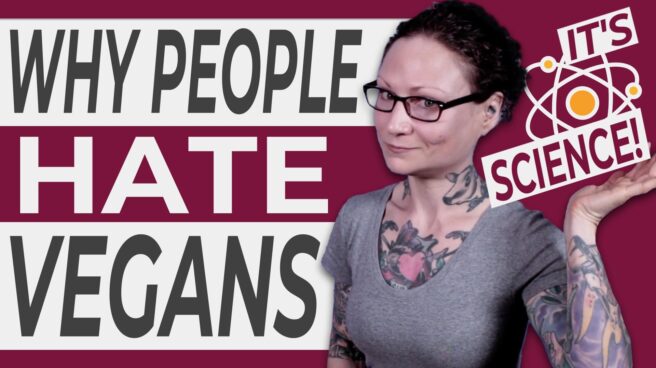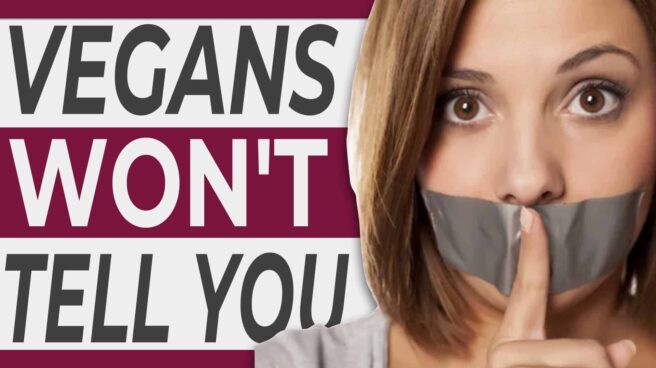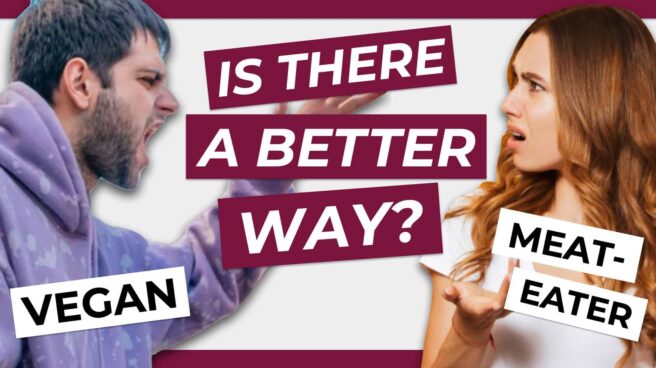The polarization surrounding veganism tends to raise complementary defenses on both sides. Yet research indicates that the underlying drivers of anti-vegan attitudes (and vegans’ own reactionary and preemptive defenses) may point more to promising commonalities than irreconcilable differences.
This series explores the psychology and sociological drivers of this polarization, the cause and cost of stigma and stereotypes, and what we can do to “bridge the gap” between vegans and other people, such that we can have constructive communication and move toward a collective shift away from eating animals.
-

The Science of Why People Hate Vegans
Despite growing public awareness and concern over how animals are treated in our food industry, vegans are still not well-received by the general public. Discover what research reveals about why people hate vegans. The reasons may not be what you expect!
Read more about The Science of Why People Hate Vegans -

Why Vegans WON’T Tell You They’re Vegan: The Other Side of Vegan Stigma
How do you know someone’s vegan? You probably won’t! Find out why many vegans hide their veganism and how their silence harms all of us. And the potential solution may not be what you’d expect. Essentially, we need to evolve towards a world without vegans.
Read more about Why Vegans WON’T Tell You They’re Vegan: The Other Side of Vegan Stigma -

Should Vegans Empathize with Meat-Eaters?
Can empathy bridge the gap between vegans and meat-eaters? Learn effective strategies for constructive communication, like validating core values and subverting stereotypes. And why the most effective way to reach people about veganism may be to stop trying to make them vegan.
Read more about Should Vegans Empathize with Meat-Eaters?


